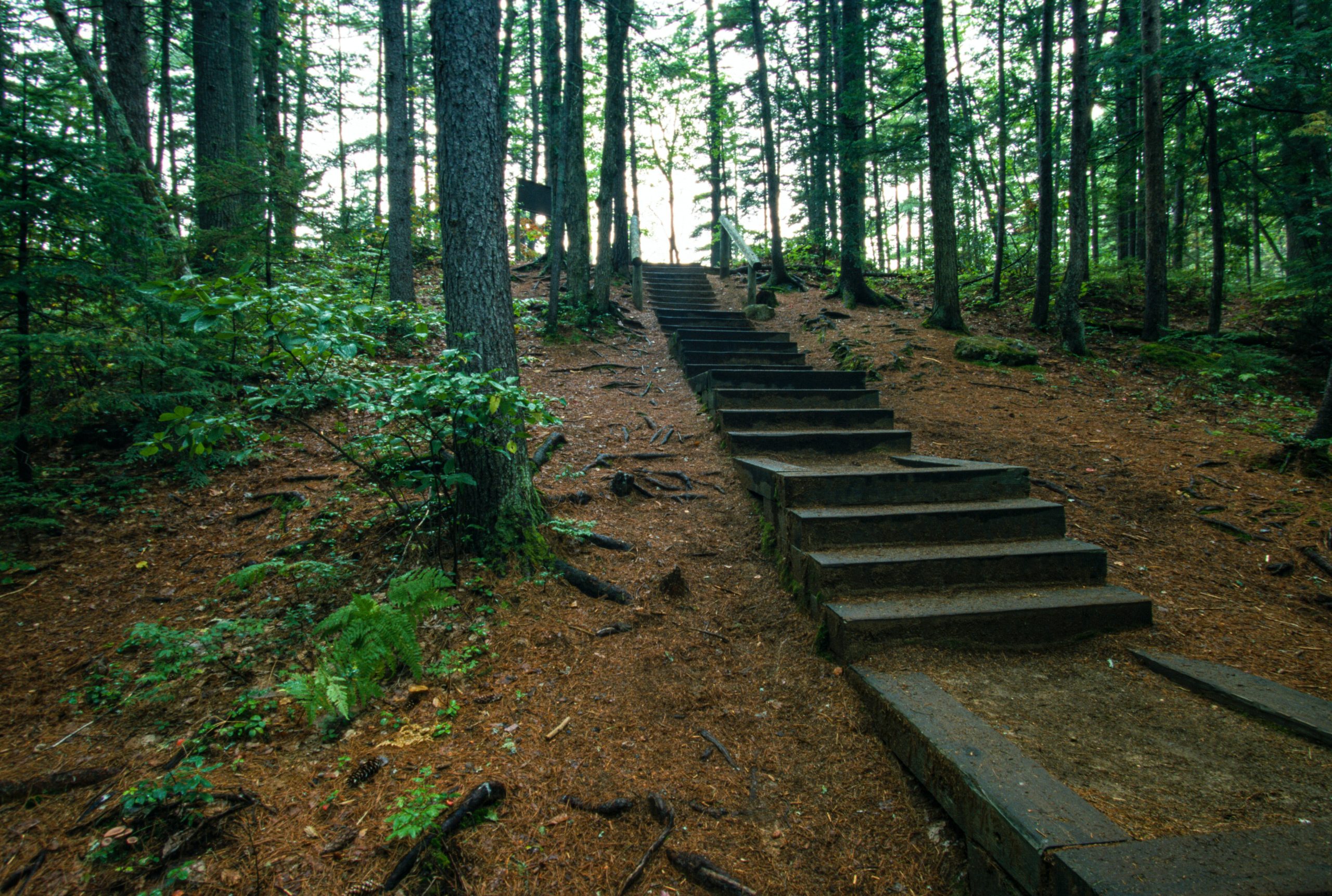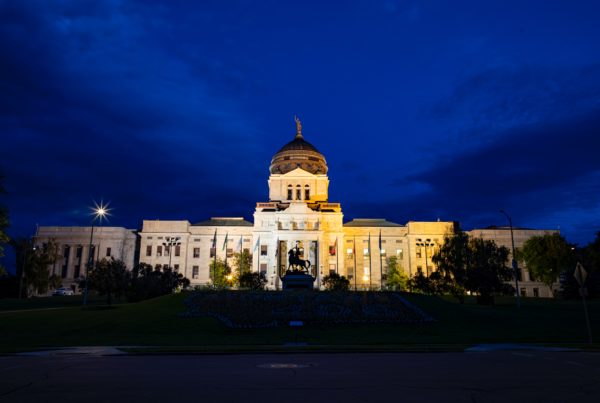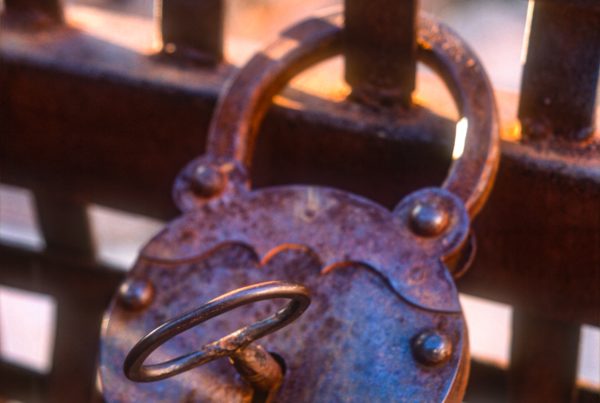The Journey
Jacob deserves credit for going to Beersheba, the sacred place of his father, for the purpose of prayer and worship. He knew God gave the land to his father, and now he was abandoning it, and in fact, would never see it again. How could that be God? But he enters into worship, and God speaks truth to his heart. Interestingly, the divine visitation came not during the worship service but at night.
The Conversation
God says Jacob’s name twice.
“Here I am,” is a way of saying I am listening.
Next comes a series of bullet points he is to know.
First, God speaks about fear. God says the most important line, I am the God of your father, do not be afraid to go down to Egypt.
Second, God speaks about his presence. I will go down to Egypt with you, so do not be afraid, God will say this twice to him.
Third, God speaks about Jacob greatness. in Egpyt I will make you a great nation, which is exactly what happened.
Fourth, God speaks about returning to the land of Israel. I will bring you, meaning your people, back again into the land of your fathers.
Fifth, God speaks about comfort, Joseph will be with Jacob to the end of his life, they will never be separated again.
The Wagon Train
Jacob and his family were kinda poor at this time, but now they travel like kings.
It cannot be stated strongly enough how elite it was for Jacob and his family to be sitting on a wagon. During this day, animals had bags strapped to their sides and people either walked next to them, generally carrying a walking stick, or sat on another animal. The current ruling dynasty, the Hysskos perfected the wagon wheel and chariot building. Pharoah took from his royal stable and loaned them to Joseph.
The Genealogy
This section names those who entered Egypt. Most interesting is how Jacob’s lovers are mentioned. Leah, Zilpah, and Bilhah are mentioned as women who gave Jacob children, but Rachel is the only one mentioned as his wife, v.19.
A distinction is made between Joseph’s family and the rest, a consistent theme finding fruition here. 66 left Canaan and entered Egypt, but with Joseph already living in Egypt that number is recounted and mentioned as 70.
Most damning to any Egyptian let alone Pharoah is v. 27, Jacob is not just a poor desert farmer in desperate need of help, he possesses a covering from God and destiny, so Jacob’s family is mentioned as a house, living in Egypt. A house, in the way mentioned here, means a people with authority, power, and identity. It sets up a future conflict that will only get resolved through Moses.
Goshen Is Good Land
Jacob will always act like the Patriarch, he again calls the shots. He sends Judah ahead to prepare Joseph to meet him, The action shows Judah how much his father now trusts him.
Joseph rides his royal chariot to meet his father Jacob, each looked different from the other. Joseph, young and strong at 40, rich, powerful, and in charge of a nation. Jacob is old, but he is still a man of abundant faith.
“Now let me die, since I have seen your face, and know that you are still alive,” is the love of a father. And the love of a son is seen in the sweetness of Joseph, likely dressed in royal attire and attended to by a small army ensuring his safety, weeping on the neck of his father. The text said Joseph did this a good while.
Joseph communicates to the new arrival he needs to tell Pharoah about them, and about how they are agricultural people, shepherds, and farmers, as opposed to the urbanites of Egypt. Joseph coaches the family in what to say to Pharoah when asked, and though Pharoah admired Joseph he is no fool, he will keep an eye on these new arrivals, because if God is with them as he is with Joseph, then all Egpyt must be careful.
The family is to tell Pharoah when asked that they are keepers of livestock for many generations, that they are Pharoahs’ servants who will live in Goshen.
The urban sophisticated culture of Egypt will despise them because Egyptians find shepherds to be disgusting v.34.





